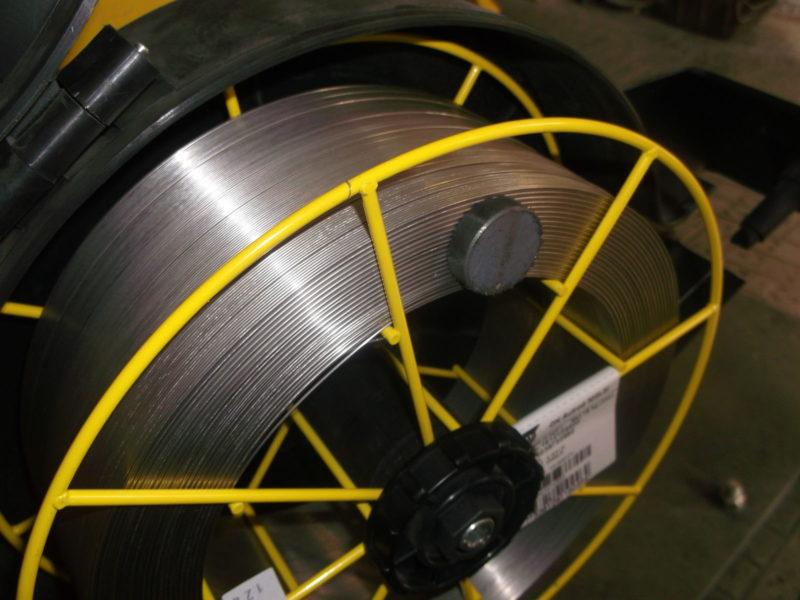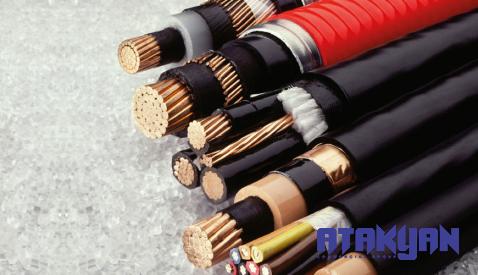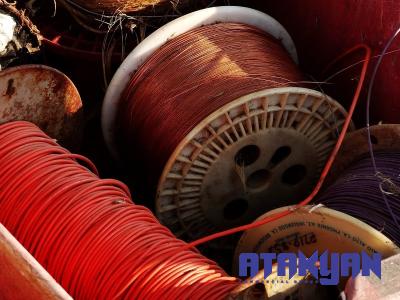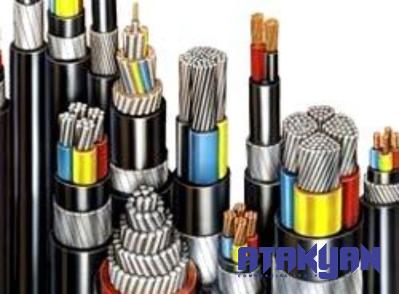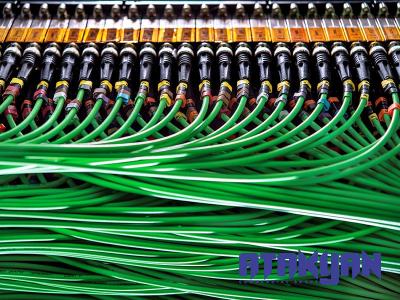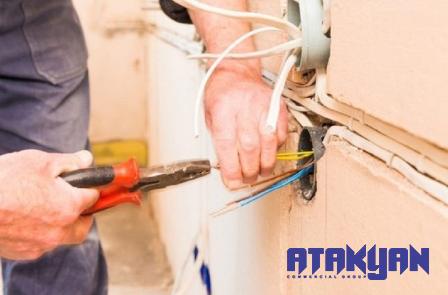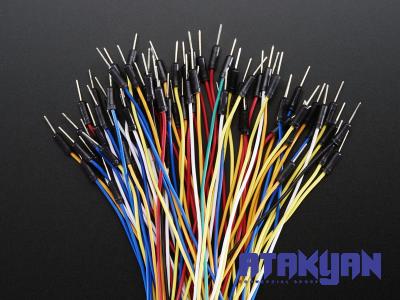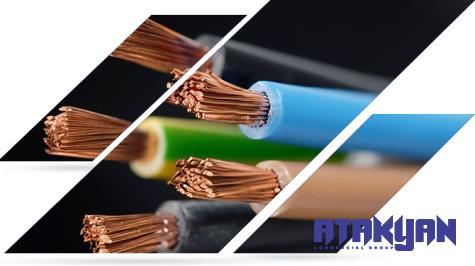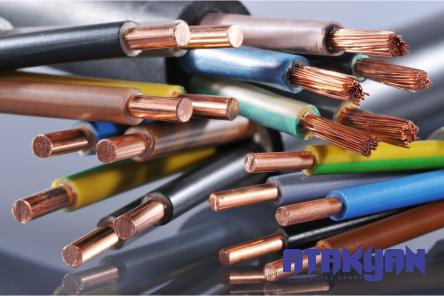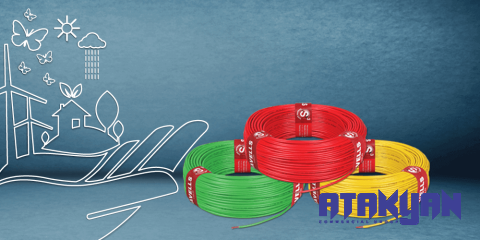A Comprehensive Guide
When it comes to MIG welding, choosing the right type of wire for steel is crucial. MIG welding, or Metal Inert Gas welding, is a popular welding process that uses a continuous and consumable wire electrode to join two metal pieces together. The wire travels through a MIG gun and is melted and deposited into the joint, creating a strong and durable bond. However, not all MIG wires are created equal, and selecting the appropriate type is essential for achieving high-quality welds. In this article, we will discuss different types of MIG wire for steel, buying considerations, and their associated prices.
1. Types of MIG Wire for Steel
a) ER70S-3: This is one of the most commonly used MIG wires for steel. It is designed for welding mild and low-alloy steels and offers excellent strength and toughness. ER70S-3 wire produces welds with good spatter control and a smooth finish. This type of wire is ideal for general-purpose welding applications and provides good penetration and fusion.
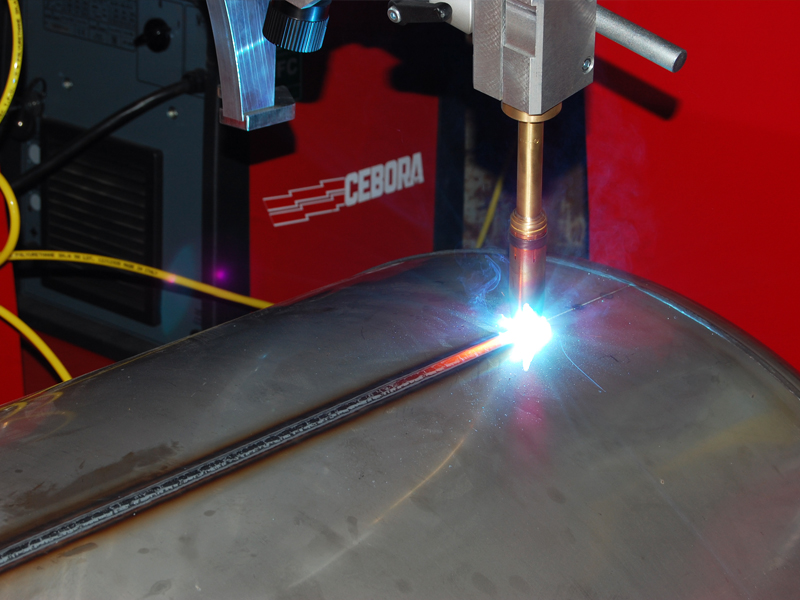
b) ER70S-6: This is another popular choice for MIG welding steel. ER70S-6 wire is suitable for welding mild and medium-grade steels. It offers good all-around performance, including excellent weld puddle control and minimal spatter. It also provides good penetration and is known for its consistent and reliable results. ER70S-6 wire is versatile and can be used in various welding positions.
c) ER80S-D2: This MIG wire is specifically designed for welding high-strength steels. It offers excellent strength and impact toughness, making it suitable for critical applications that require strong and durable welds. ER80S-D2 wire is commonly used for welding offshore structures, pressure vessels, and heavy machinery.
d) ER100S-1: This MIG wire is engineered for welding high-strength low-alloy steels. It offers exceptional strength and impact resistance, making it ideal for welding applications that require robust and resilient welds. ER100S-1 wire is commonly used in industries such as construction, mining, and infrastructure projects.
2. Buying Types of MIG Wire for Steel
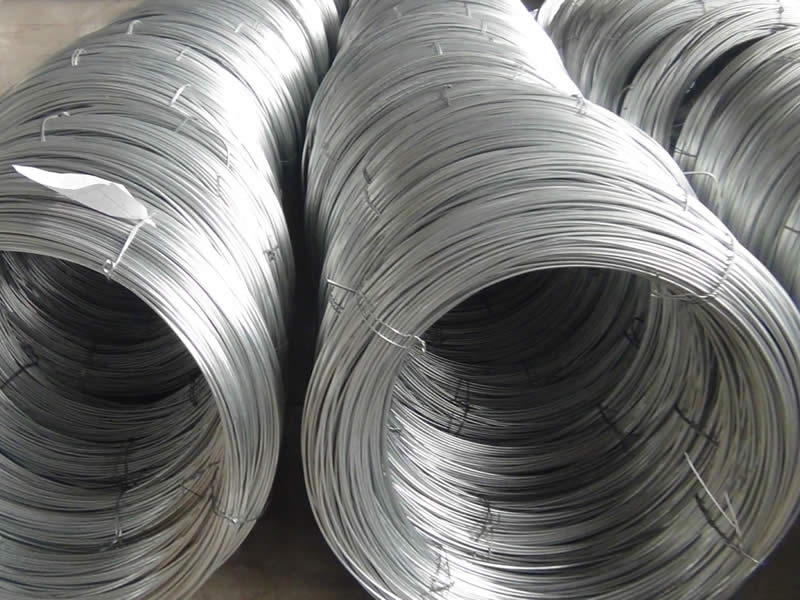
When buying MIG wire for steel, there are several factors to consider:
a) Wire Diameter: MIG wires come in different diameters, typically ranging from 0.024 inches to 0.045 inches. The choice of wire diameter depends on the thickness of the steel being welded. Thinner wires are suitable for thin-gauge materials, while thicker wires are ideal for thicker materials.
b) Wire Composition: Different types of MIG wires have varying compositions. It is important to select a wire that matches the steel being welded. For example, ER70S-6 wire is suitable for welding mild and medium-grade steels, while ER80S-D2 and ER100S-1 wires are designed for high-strength steels.
c) Welding Position: Consider the position in which you will be welding. Some wires are better suited for specific positions, such as vertical or overhead welding. Consult the manufacturer’s guidelines or seek expert advice to choose the appropriate wire for your desired welding position.
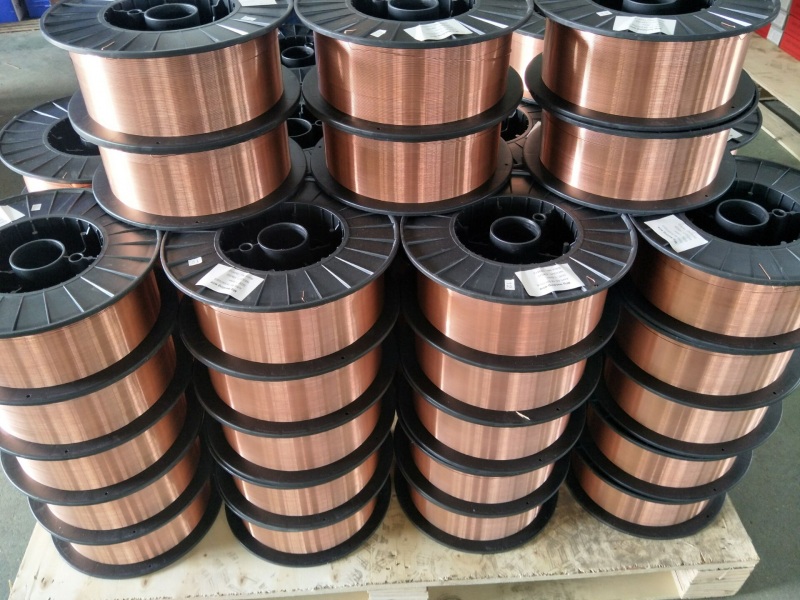
d) Spool Size: MIG wire is typically sold in spools of various sizes, such as 1lb, 2lb, 10lb, or 33lb. The choice of spool size depends on the volume of welding you plan to do. Smaller spools are suitable for occasional or light welding, while larger spools are more cost-effective for heavier or industrial applications.
3. Price of Types of MIG Wire for Steel
The price of MIG wire for steel varies depending on the type, diameter, and spool size. Generally, the cost increases with higher-strength wires or larger spool sizes. However, it is important to note that the quality and performance of the wire should be the primary consideration, rather than solely focusing on price. High-quality wires may have a slightly higher upfront cost but can result in cost savings over time due to better weld quality and reduced rework.
In conclusion, selecting the right type of MIG wire for steel is essential for achieving high-quality welds. ER70S-3 and ER70S-6 wires are commonly used for general-purpose welding, while ER80S-D2 and ER100S-1 wires are ideal for high-strength applications. When buying MIG wire, consider factors such as wire diameter, composition, welding position, and spool size. While price is a consideration, prioritize quality and performance to ensure successful welds. By carefully choosing the appropriate MIG wire for steel, welders can achieve strong, durable, and reliable welds, regardless of the application.
